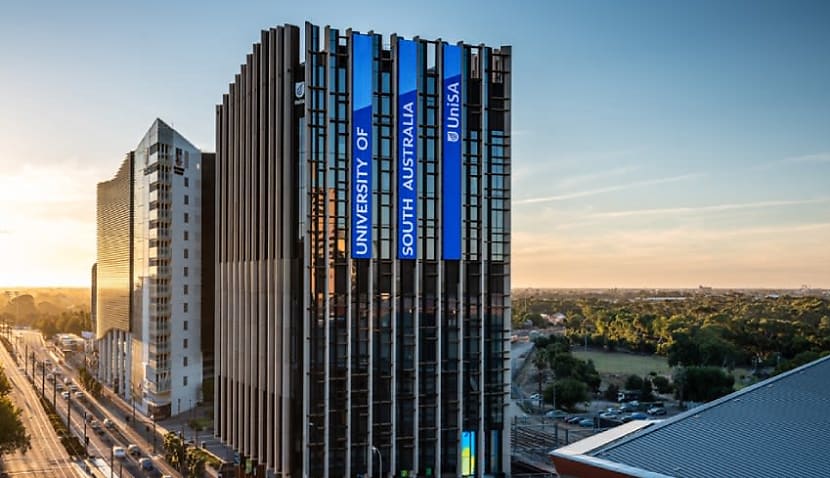Run by UniSA’s Innovation & Collaboration Centre (ICC) and backed by the South Australian Space Industry Centre, the program provides funding, mentorship and commercialisation support to high-potential founders working on next-generation space technologies.
Now in its seventh year, the accelerator has become a key pillar of the state’s ambition to establish itself as Australia’s centre of space innovation.
The 2025 cohort spans satellite communications, propulsion, in-orbit services, data analytics and advanced materials, highlighting the breadth of capability being built across the local and international space ecosystem.
UniSA’s deputy director of business incubation, Craig Jones, said the diversity of the 2025 cohort reflects the maturity of South Australia’s space sector, saying, “Each of these start-ups is tackling a critical challenge for the future of space.”
This year’s graduating companies include:
- AFTdynamics (Adelaide, Australia) – developing advanced propulsion and flight systems aimed at improving satellite manoeuvrability and reducing the cost of access to space.
- Altair Orbital (Adelaide, Australia) – building modular satellite platforms designed for rapid deployment and scalable mission architectures.
- BioSky Space Innovations (New Delhi, India) – using satellite data and AI to deliver smart insights for industry, with ambitions to become a leading space intelligence provider for the Global South.
- GroundZero Space (Victoria, Australia) – advancing real-time space traffic management and orbital situational awareness to improve safety in increasingly congested orbits.
- TrizLabz (Kerala, India) – developing new materials and manufacturing solutions to enhance the reliability and performance of space hardware.
- Zyntax AI (Adelaide, Australia) – applying artificial intelligence to enable autonomous decision making and optimise mission efficiency for space operations.
Jones added, “It’s been remarkable to see how much South Australia’s space ecosystem has matured since we launched this program. These founders aren’t just building clever technology, they’re building capability, jobs and international partnerships that lift the entire industry.”
AFTdynamics founder Dr Alexander Wright credited the program with transforming his early-stage propulsion concept into a viable business.
“The ICC hasn’t just shaped my path; it’s completely created it. AFTdynamics wouldn’t exist without the Venture Catalyst Space program,” he said. “The mentorship and funding turned an idea into a real company that’s now raising investment to build rocket propulsion systems in South Australia.”
South Australia’s Assistant Minister for Defence and Space Industries, Michael Brown, said the accelerator had become a global attraction point for innovators.
“Venture Catalyst Space is a launchpad for high-potential space start-ups, drawing top talent from around the globe to develop and scale their ideas right here in our state,” he said. “The Malinauskas government is proud to support a program that plays such a vital role in building capability, attracting investment and driving innovation across South Australia’s space industry.”
Since its inception, the Venture Catalyst Space program has supported 46 start-ups and 90 founders, with more than 90 per cent of alumni still operating. Its total economic impact on the South Australian economy is estimated at nearly $36 million.
For a state positioning itself at the forefront of Australia’s space ambitions, including hosting the Australian Space Agency and Space Discovery Centre, UniSA’s accelerator continues to act as a launchpad for the next wave of global space companies.

